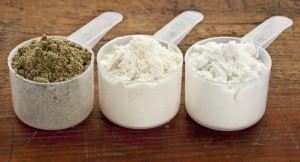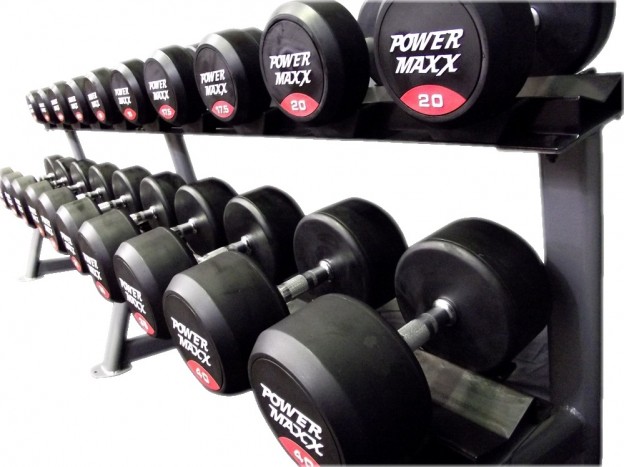Written By: Kevin Cann
Many of you do not know me so I am going to give a little bit of a background first. My educational background is an undergraduate degree in health and wellness with an emphasis in nutrition and my graduate degree is kinesiology. I am a nutritional coach and a strength coach in Boston, MA. Over my 10 year career I have learned quite a few things.
I have learned in order to maximize a program exercise, nutrition, supplementation, stress, and the athlete’s mood needs to be analyzed and addressed. The exercise program could be the best one ever written, nutrition could be locked down tight, but if the athlete is depressed because his training camp is away from his family it will not be as effective.
Charlie Francis is one of the most influential coaches of our time. He trained the fastest man the world had ever known until Usain Bolt came around, Ben Johnson. His Canadian track team set 32 world records and won 9 Olympic medals in his time as coach. Charlie Francis stated “One has to thread together scientific knowledge and sport technique while listening to one’s own feelings and the feelings of the particular athlete in question-it is at this point that coaching ceases to be a science and becomes an art.”
This one quote has resonated with me for quite some time. This means we need to know when to go after it in the gym and when to take it easy, what specific supplements will work for each individual, an individualized nutritional plan based upon the athlete’s genetic makeup and sport, we need to manage stress, and turn negative moods into more positive outlooks. Only then can we become unbeatable.
Most of us take supplements to boost energy and workout performance as well as aid in recovery. Me personally, I take in a little pre-workout caffeine and follow it up with some protein and carbs for post-workout recovery. Pretty standard stuff. On top of that there are a few things you can do to further increase performance.
During your warm-up practice some visualization techniques. Picture yourself getting under that bar and moving the weight with ease. I have written in past articles how negative thoughts can negatively affect your health [1]. They also can negatively affect your performance.
 Studies have shown coping strategies used by athletes at the highest levels. Some of these are behavioral distraction, narrow-minded focus, prayer, visualization, and following a set routine [2]. There are numerous other methods that you could employ that may work for you or your athletes. Try some out and see how it affects your overall performance.
Studies have shown coping strategies used by athletes at the highest levels. Some of these are behavioral distraction, narrow-minded focus, prayer, visualization, and following a set routine [2]. There are numerous other methods that you could employ that may work for you or your athletes. Try some out and see how it affects your overall performance.
As for recovery, we typically lean to protein supplements after we workout to aid in recovery. The problem is we need to elicit a response from the parasympathetic nervous system in order to recover and return to homeostasis. Exercise sets off our sympathetic nervous system, our fight or flight response.
I like to have my athletes practice some deep breathing upon completing their workouts. Deep breathing has been shown to enhance the parasympathetic nervous system’s response [3. This can help our muscles relax and begin the recovery process and make our post-workout carbohydrates and protein that much more beneficial.
On top of deep breathing and nutrition, we need to make sure we are sleeping enough to regenerate, giving ourselves enough rest between high intensity workouts, and our vitamin D levels need to be maintained. The more areas of an athlete’s life that you can point in a positive direction the better his or her performance will be.
Every aspect of their lives is going to affect their performance either negatively or positively. This means you cannot take anything for granted. As a coach you should be developing assessment protocols that assess each area of the athlete’s life. From the information gathered in these assessments you can rank in order of importance what needs to be addressed first. From there you can begin to institute changes to the athlete’s life.
For example, if I have an athlete who is not getting adequate sleep I will fix that before I worry about anything else. If an athlete cannot regenerate he or she cannot continue to work hard in the gym and performance will suffer. I encourage all of you to do a thorough assessment on yourselves and see how altering some lifestyle behaviors will positively affect your performance and well-being.
References:
[1]. http://robbwolf.com/2014/04/02/racing-thoughts-destroying-health/
[2]. Res Q Exerc Sport. 1993 Mar;64(1):83-93.
[3]. J Korean Med Assoc. 2013 Jun;56(6):478-484. Korean.







